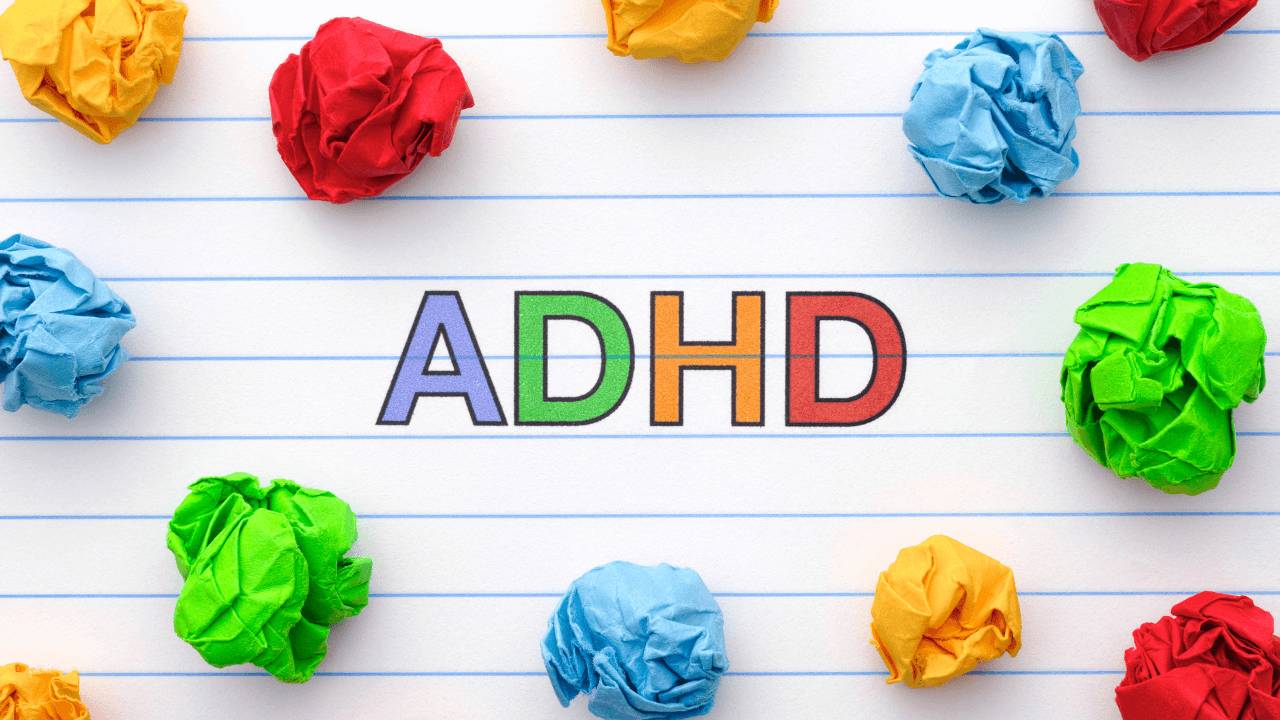7 Things I've Learned After 7 Years of Parenting a Kid with ADHD
Apr 21, 2024
Yesterday, I sat down for coffee with my husband (more like chugged it—parenting doesn't leave much time for sipping), and as our son went through his morning routine, we exchanged a smile.
Why?
Because there was no arguing, no talking back, no hitting, no yelling—just our son getting through his responsibilities without issue. This hasn't always been the case. I mean really!
I’ve never subscribed to the "you need to punish and discipline more" approach. It turns out I was right about that.
I didn’t really understand ADHD until I began doing serious research on the topic, and that’s when I realized I had the tools to help my son. As a Speech-Language Pathologist, I often work on executive functions, and these skills are frequently lagging in kids with ADHD.
What exactly are they?
Executive function skills are the foundation for success in almost every aspect of life—school, work, relationships, daily tasks, decision-making, and personal interests.
It's also where our kids with ADHD often struggle, whether it’s managing their emotions and impulses, staying flexible, starting and finishing tasks, or keeping things organized.
Just because our kids struggle with executive functions doesn’t mean they can't be successful. It simply means they need more support.
So enough of my yapping; let’s dive into the 7 lessons I’ve learned while raising my son and working with other parents to build their children’s executive function skills:
- ADHD Isn't Just About Attention: Children with ADHD can actually become hyperfocused on what interests them and not struggle at all with keeping their focus. Their biggest challenge isn't maintaining attention but refocusing it when they get distracted.
- Punishing More Doesn't Work: We know there's a disconnect. They know what they should do, but actually doing it is a different story. When we punish kids for skills they don't have, they won't learn from it. Consequences that relate to the behavior are key. Read about that here.
- You Can't Do It Alone: The good news is, you don't have to. There's a community out there that understands what you're going through, so find it! Stop isolating yourself. Join our Facebook group here!
- Ignore the Outside Noise: Don't worry about the parenting shamers. Raising a neurodivergent kid is completely different. When your kid has a meltdown in public, focus on helping your child, not on what others are thinking.
- Take Care of Yourself: This might be the hardest lesson. It’s easy to neglect yourself amid the chaos, but you need to stay calm and in control. That’s hard to do if you’re dehydrated, exhausted, sedentary, and eating poorly.
- Be Your Kid's Biggest Fan: These kids hear more negative comments than their peers. Why are you doing that? Stop acting that way! Did you really just do that?” Focus on positive reinforcement, and your relationship with them will thank you.
- Advocating for Your Child Is a Must: Whether it's daycare, school, sports, or other activities, you need to advocate for their needs. You’re the expert on your child, so make dang sure they have all the support they need.
What lessons have you learned so far?




